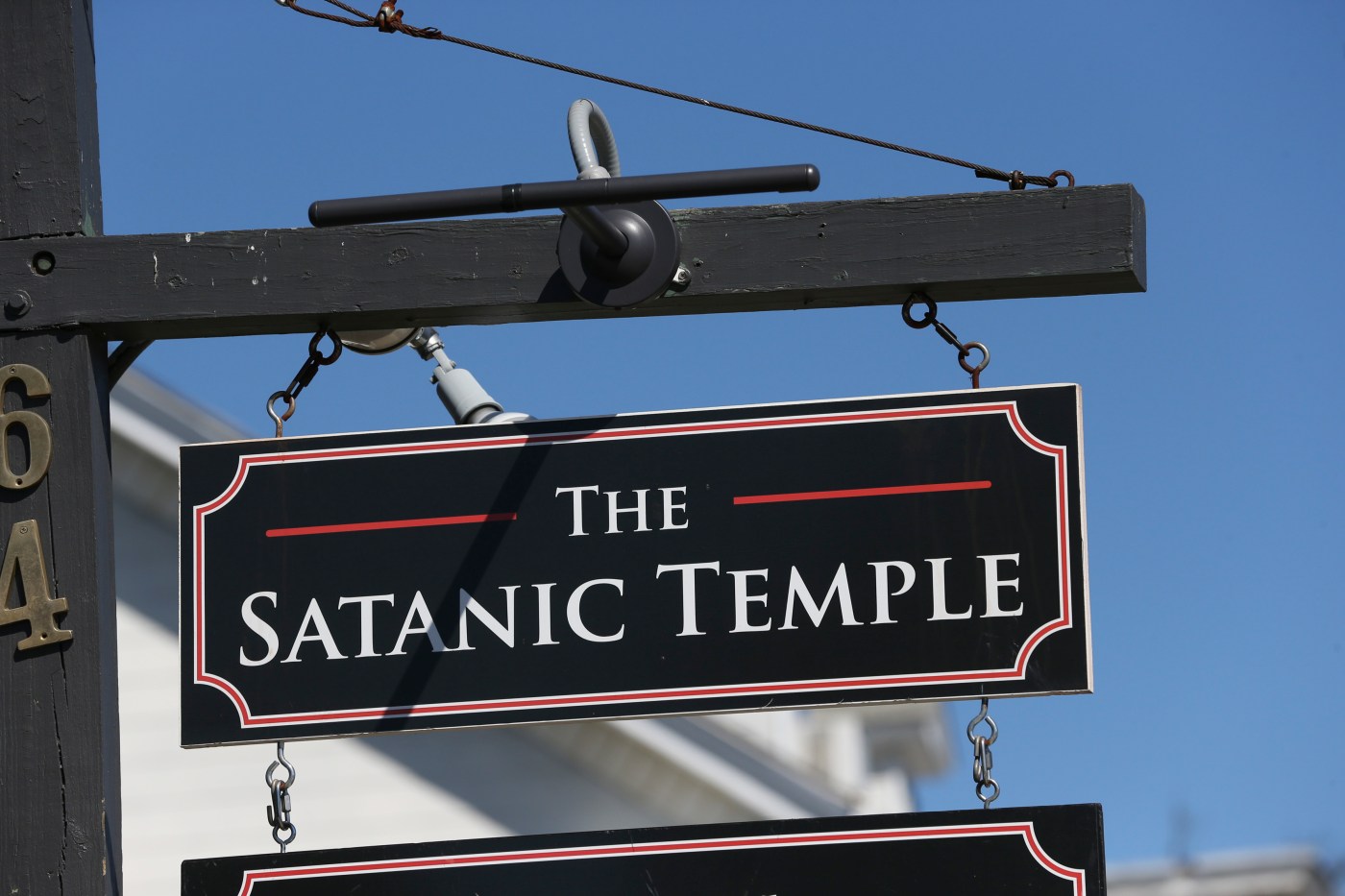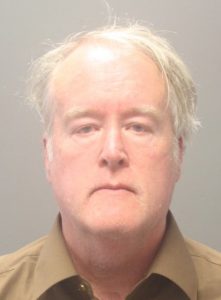
Boston City Council didn’t violate First Amendment when board snubbed Satanic Temple: Federal appeals court
The Boston City Council did not violate the First Amendment when the board rejected The Satanic Temple’s bid to deliver an invocation before a Council meeting, a federal appeals court has ruled.
The Salem-based atheist group had sued the city years ago — arguing that Boston’s failure to invite them to give an invocation before its weekly City Council meeting violates the First Amendment.
After a lower federal district court ruled in favor of the city, the U.S. Court of Appeals for the First Circuit has upheld the judgment for Boston.
“We hold that TST has not shown that Boston’s legislative prayer practice, either on its face or as applied, violates the Establishment Clause or the Massachusetts Free Exercise Clause,” the federal appeals court wrote in its ruling this week.
The City Council holds about 35 weekly meetings a year. Before official business begins, the City Council traditionally has started its meetings with an invocation delivered by a private person — often a religious leader who’s invited by a councilor.
All invocation speakers must be asked by a councilor, and city officials testified that The Satanic Temple is the only religious group that has ever requested an invitation to deliver an invocation.
The Satanic Temple in its lawsuit argued that the city’s speaker-selection practice “constitutes impermissible government control over prayer and discriminates against unpopular religions like TST.”
But the court rejected The Satanic Temple’s contention.
“The Constitution does not require that legislative bodies accept all speakers who request to give invocations,” the appeals court wrote. “Indeed, it is difficult to see how such a policy would be workable in Boston.”
“Though Boston’s practice is constitutional on its face, it is still possible that in practice it has led to Boston favoring some religions over others, and so we turn to TST’s claims that this has happened,” the court later added. “These as-applied claims fail for many of the same reasons. TST has simply not shown evidence of discrimination based on religious beliefs as to which speakers are invited, much less evidence of intentional discrimination.”
The Satanic Temple did not prove that any of the councilors chose invocation speakers based on the councilors’ own religious preferences or biases — or barred potential speakers from delivering invocations that oppose the councilors’ religious beliefs, the court ruled.
Speakers were invited based on their contributions to the councilors’ districts and to the Boston community, according to the ruling.
Related Articles
Oklahoma man indicted on charge he threw pipe bomb at The Satanic Temple
While the court ruled that the Boston City Council did not infringe on the First Amendment when it comes to The Satanic Temple case, the court warned the city to be careful.
“It is clear that Boston’s customary invocation speaker practice is admittedly meant to serve the interests of incumbent City Councilors,” the appeals court wrote. “Those interests could in the future lead to Councilors favoring invitations only to those representing religious electoral majorities and explicitly proselytizing for those views or disparaging minority or unpopular groups.
“The record before us shows Boston has taken no such action,” the court added. “Should it do so in the future, courts may again be called on to enforce constitutional commands under the Establishment Clause.”


